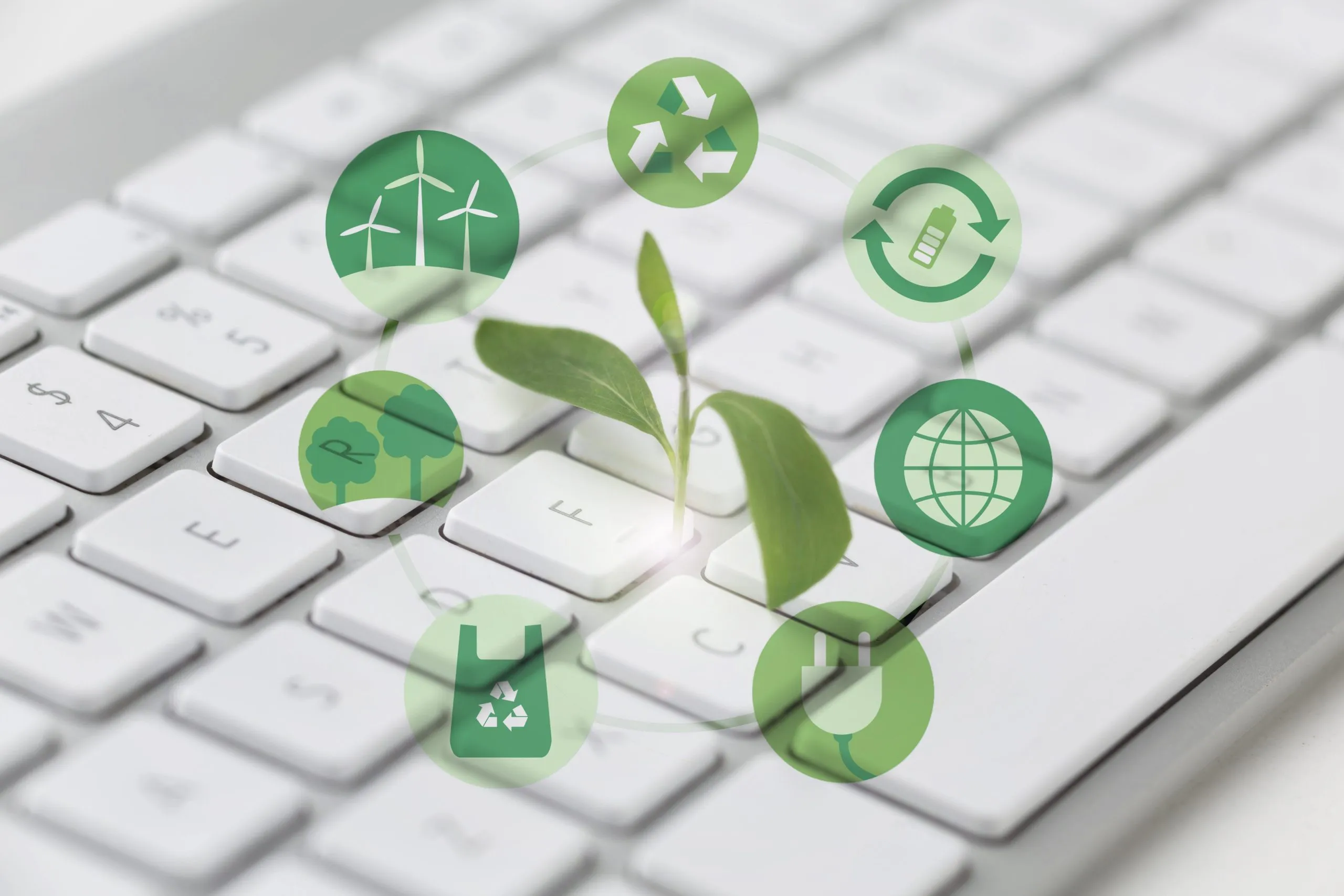+90 224 504 28 12 (TR)
Üçevler Mahallesi İzmir Yolu Cadde No:241/C Blok Westpoint D:32 Nilüfer, Bursa, 16120

“Is the Circular Economy Important to be learned by Young people?”
By and large, today’s manufacturing takes raw materials from the environment and turns them into new products, which are then disposed of into the environment after use. It’s a linear process with a beginning and an end. In a circular economy, however, products are designed for durability, reuse and recyclability, and materials for new products come from old products. As much as possible, everything is reused, remanufactured, recycled back into a raw material, used as a source of energy, or as a last resort, disposed of.A circular economy keeps materials, products, and services in circulation for as long as possible.
The circular economy is essential for reducing climate change. To address the climate crisis, action is required, and material recovery is crucial.When thoughtfully and broadly implemented, the circular economy has the potential to promote social justice, protect the environment, and improve economics.
The worsening climate crisis and the growing scarcity of natural resources business models and practices must become more sustainable and circular. It is now undeniable that the business models and practices must become more sustainable and circular. It is now undeniable that it is essential that young people be prepared to contribute and lead the way towards a more circular economy in Europe and beyond.
What kind of competences are needed for the transition to a circular economy?
The increasing importance of the circular economy will have a significant impact on the shape of jobs and competencies, while some jobs will disappear or change in nature, new 'circular jobs' will emerge. Certain combinations of skills will become more important, and workers and employers will be required to develop new mindsets and skills to adapt to changing environments. Circular economy will include ‘broad skills’ (also called transversal skills) such as digital and green literacy and problem solving, while also building ‘deep skills’ more related to specific functionalities or disciplines. Non-repetitive, circular jobs will emphasize skills such as product repair and maintenance or innovating the product design process to improve longevity.Circular mindsets and skills must be addressed directly in the learning environments.
How can young people acquire and develop the necessary skills and knowledge?
Skills forecasting is the starting point for designing quality training that is relevant to the labor market and is able to quickly adapt curricula to the new skills needs required in the green transition. Quality training means education structured with a multidisciplinary/transversal approach to the green transition and sustainable development at different levels.
As main providers of apprenticeships in Europe, SMEs contribute largely to work-based learning for well-prepared youngsters and for developing future young entrepreneurs. On the other hand, learners appreciate apprenticeships to enhance their employability and their employment prospects. Continuing investing in apprenticeships is instrumental for both SME employers and young people, especially in the context of the green transition.
Resources;
https://circulareconomy.europa.eu/platform/sites/default/files/towards_a_circular_economy_-_competences_for_youth_-_conference_report.pdf
https://www.smeunited.eu/news/how-smes-support-young-people-to-develop-skills-for-circular-economy
https://epale.ec.europa.eu/en/discussions/skills-green-transition-young-adults-circular-economy